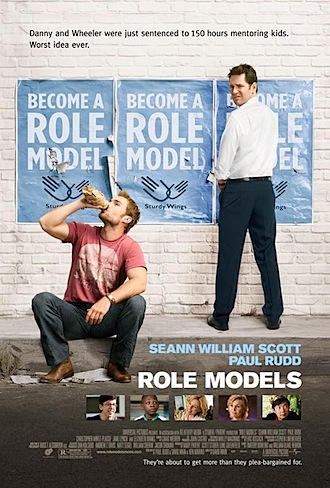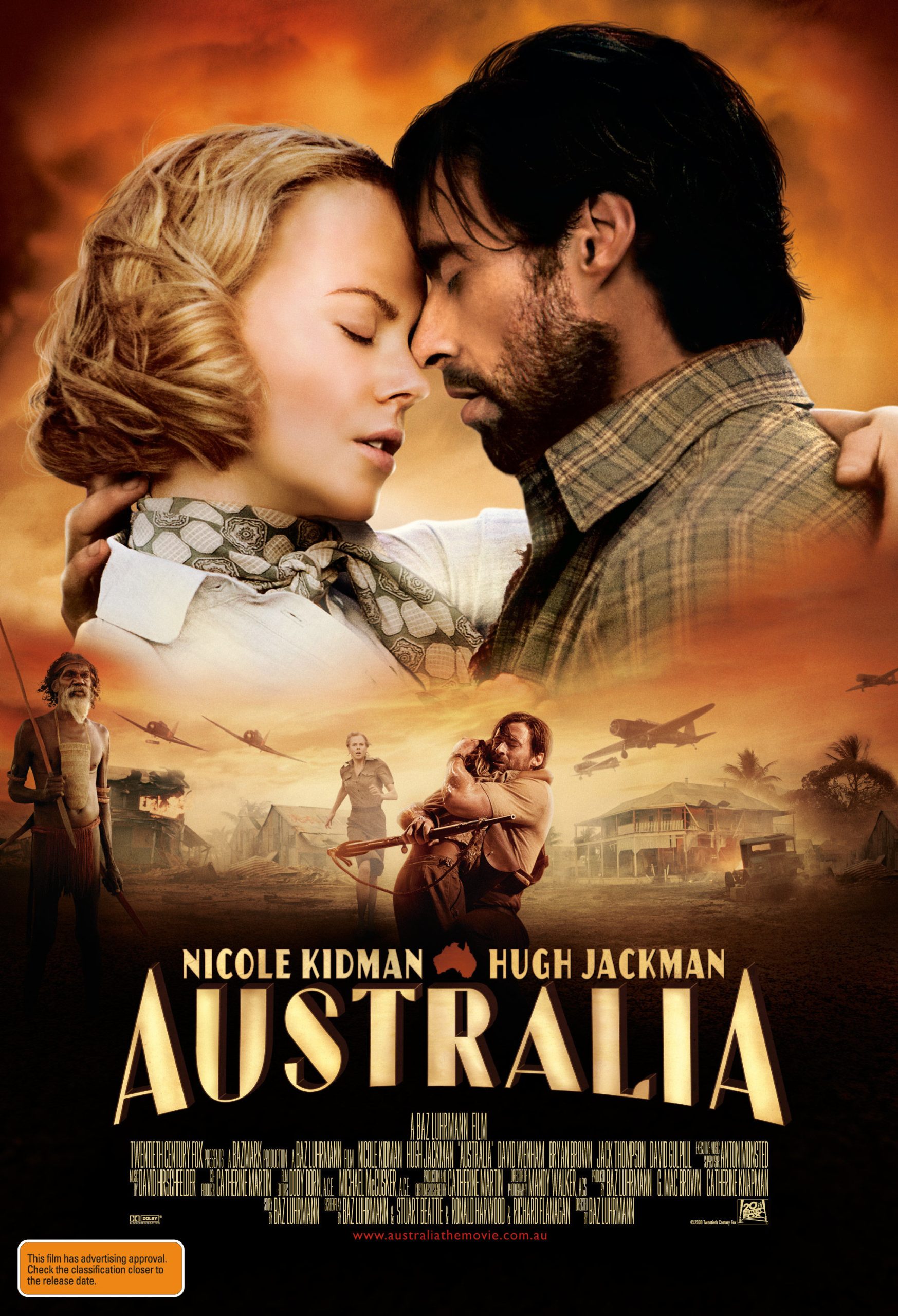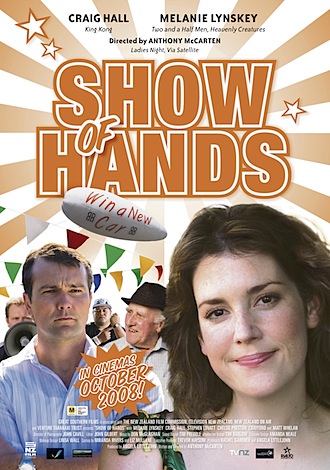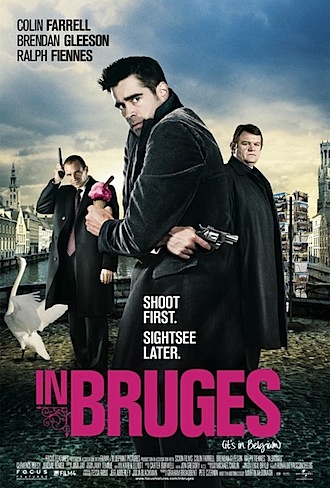After Slumdog Millionaire last week, everything seems kind of old-fashioned. At any other time a film like Milk would stand out from the crowd as an example of quality, thoughtful,…
Read More

I don’t have much room this week and I want to spend most of it gushing over Slumdog Millionaire so let’s get started. Back in 2003, when the Incredibly Strange…
Read More

Australia (Evidently, modern Australia was built on racism, bigotry, corruption and alcohol). Not the debacle that some media would have you believe, Straya is an old-fashioned epic that looks right…
Read More

According to the venerable IMDb.com, before Show of Hands the only feature films to be shot in New Plymouth were The Last Samurai (sort of) and something called Mad Mission…
Read More

Two hitmen (Gleeson and the excellent Colin Farrell) have been sent to the sleepy Belgian town of Bruges to lie low after a job has gone wrong. Once there, they…
Read More
This is the column I submitted to the Capital Times last week. After a little discussion, Editor Aaron and I decided that it would serve no good purpose in running…
Read More
